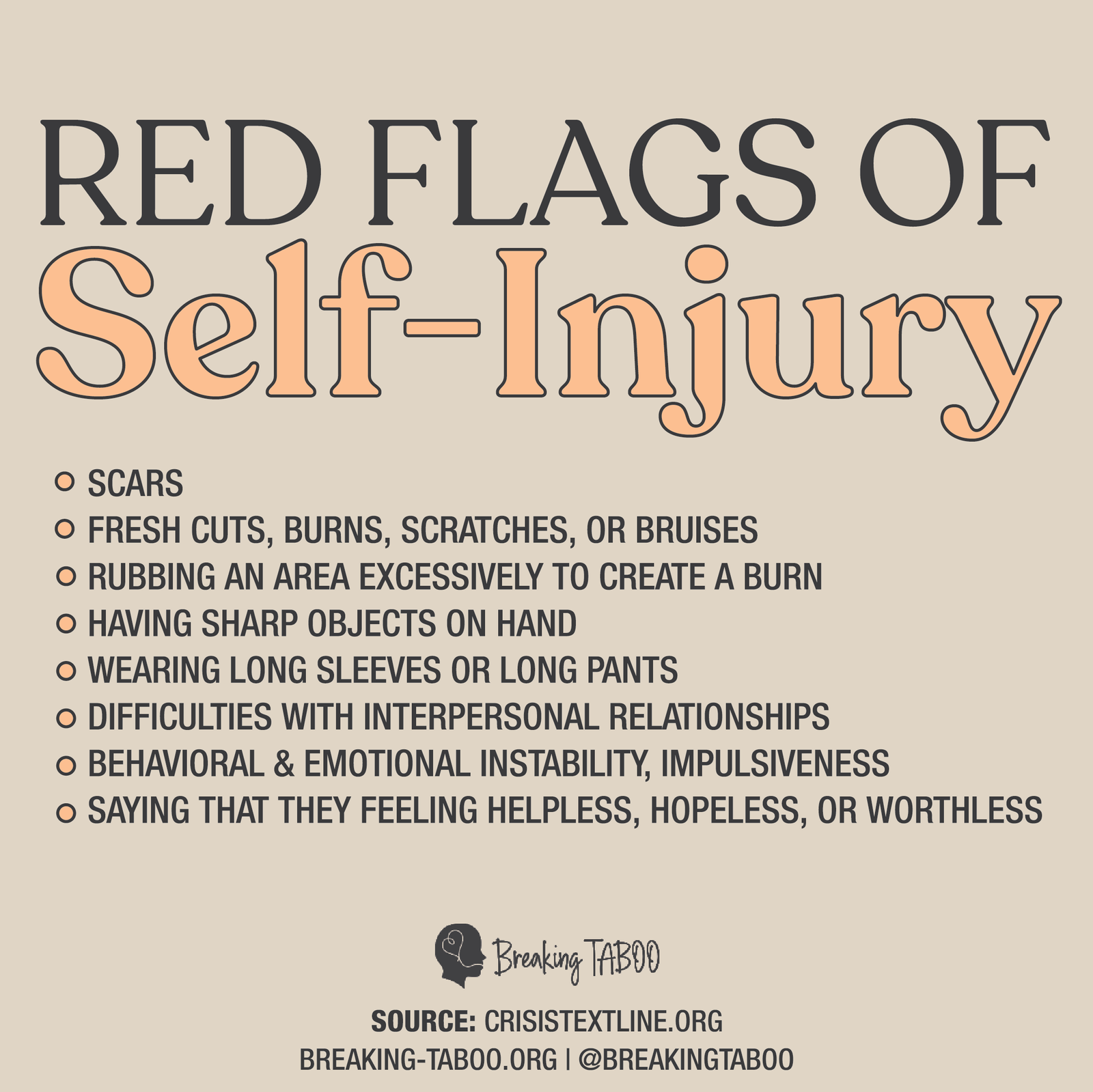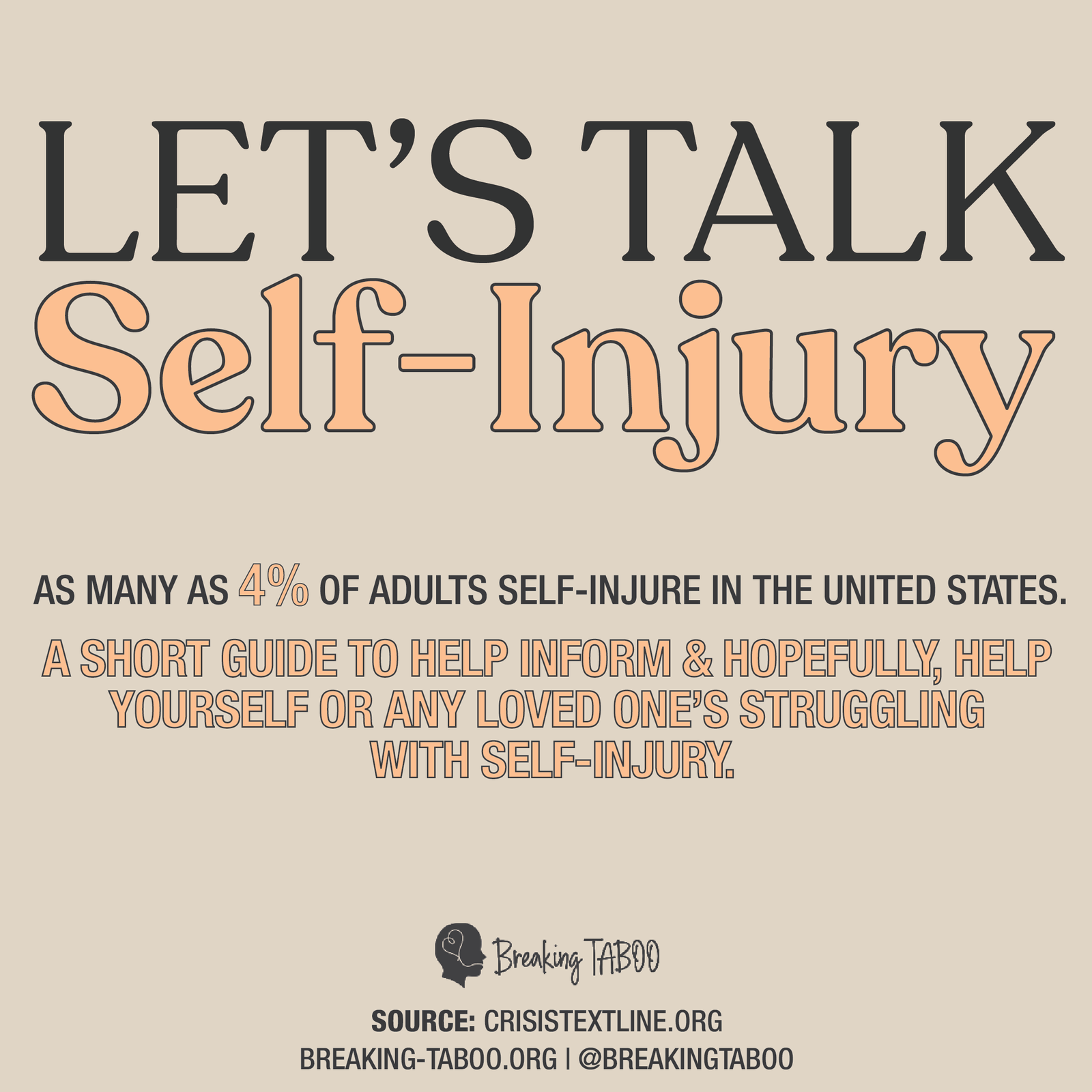“To meditate is to live simply and honestly in the world as it is,” Jonathan C. Smith.
With increased awareness about the importance of meditation and mindfulness there have been multiple online applications that have been launched. The following are just a few examples of the Best Meditation Apps of 2018 according to, healthline.com, The Mindfulness App, Headspace, Calm, and MINDBODY. The best part about these apps is that they are a finger’s touch away.
If you do not prefer to use technology to mediate you can borrow meditation books from the library or attend yoga or other workout events that are hosted at local libraries, community centers or gyms. These options are usually free of charge. But the main take away is to try and find time for yourself to meditate and focus on your overall wellbeing.
Pause. You are already here, why not try some mindfulness?
Here is a basic meditation for beginners guide from mindful.org:
- Get comfortable and prepare to sit still for a few minutes. After you stop reading this you are going to simply focus on your own natural inhaling and exhaling.
- Focus on your breath. Find where you breath the most.
- Follow your breath for two minutes. Inhale and exhale …
Hopefully that short exercise was able to help you focus on your breathing and practice mindfulness.
Now that you have been provided with a small introduction on what tools you need to start meditation here is some literature on the effectiveness of meditation and what progress has been made:
The World Health Organization has a comprehensive mental health plan.
“The action plan calls for changes. It calls for a change in the attitudes that perpetuate stigma and discrimination that have isolated people since ancient times, and it calls for an expansion of services in order to promote greater efficiency in the use of resources.”
Breaking Taboo has taken that step for change. Breaking Taboo is a nonprofit organization that aims to break the stereotype, or taboo, surrounding Mental Health and Suicide. Our intention is to educate, share, and encourage open conversations about this topic. We believe that in order to solve a problem, we must focus on the root cause. In order to save lives, we must kill the silence. In order to kill the silence we must break the taboo.
Breaking Taboo is one of multiple organizations that have started taking an initiative to create change. Aside from taking initiative the next step is conducting research on what the effectiveness of meditation is on health.
The National Center for Complementary and Integrative Health has research that shows the effectiveness of meditation on health conditions such as high blood pressure, certain psychological disorders and pain. For anxiety, depression and insomnia, there was a 2014 literature review that suggested that mindfulness meditation programs show moderate evidence of improving anxiety and depression.
Meditation and Psychiatry is being studied after millions of people are coming to the conclusion based on their personal experiences that meditation may enhance mental health. In order to understand how meditation might be therapeutic, investigators have to examine its effect on a variety of complex psychophysiological functions and behaviors. How does decreased stress and hypertension relate to decreased autonomic arousal or reactivity? The results of imaging studies show increased gray matter in areas associated with attention suggested neural plasticity (“the brain’s ability to reorganize itself by forming new neural connections throughout life”) with meditation.
Electroencephalogram (EEG) “is a test that detects abnormalities in your brain waves, or in the electrical activity of your brain.” EEGs and other imaging studies have shown changes in EEG patterns and regional cerebral blood flow with meditation. McGee has conducted extensive research and his take away message is, “Despite the substantial literature suggesting meditation’s benefits for a variety of psychiatric and medical conditions and for enhancing wellbeing and functioning, questions remain regarding the nature of meditation’s efficacy due in part to methodological problems, limitations in study designs, and the need for further research.”
The beauty of meditation is that there are no safety concerns or side effects. The only limitation is if you have a physical limitation which is a discussion point with your primary care provider.
~Jasneelam Kaur
Jasneelam Kaur, recently relocated to Los Angeles. Health educator, foodie and traveler, currently spending time enjoying the simple things in life.



